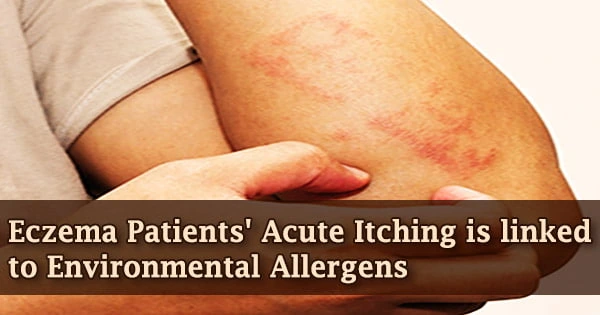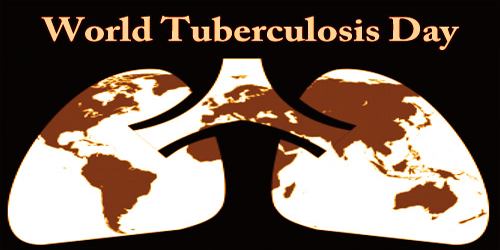Many eczema patients endure chronic itching in addition to a skin rash, and this itching can be excruciating at times. Worse, antihistamines, which are the traditional therapy for itching and allergies, are frequently ineffective.
Eczema is a skin ailment that causes inflamed, itchy, cracked, and rough areas of skin. Blisters can also be caused by certain kinds. Many people use the term eczema to refer to the most prevalent kind of dermatitis, atopic dermatitis.
According to new research from Washington University School of Medicine in St. Louis, allergens in the environment are frequently to blame for episodes of acute itch in eczema patients, and the itching often does not respond to antihistamines because the itch signals are carried to the brain along a previously unknown pathway that current drugs do not target.
The new findings, which were published in the journal Cell on January 14th, suggest to a potential new target and method for helping eczema sufferers deal with episodes of acute, intense itching.
“Years ago, we used to think that itch and pain were carried along the same subway lines in the nerves to the brain, but it turned out they weren’t, and these new findings show there’s another pathway entirely that’s causing these episodes of acute itching in eczema patients,” said principal investigator Brian S. Kim, MD, a dermatologist and an associate professor of medicine.
“The itch can be maddening. Patients may rate their chronic itch at around a 5 on a scale of 10, but that goes up to 10 during acute itch flares. Now that we know those acute flares are being transmitted in an entirely different way, we can target that pathway, and maybe we can help those patients.”
Environmental allergies are an overreaction of the immune system to objects found in our daily lives, such as at home, at work, and in the great outdoors. The normal itching mechanism in eczema sufferers includes stimulated skin cells that produce histamine, which can be blocked with antihistamine medications.
However, in the case of intense itching, a separate sort of blood cell transfers itch signals to the nerves. Antihistamines do not act in response to such signals because such cells create too much of another non-histamine chemical that causes itch.
Environmental allergens actually promote this type of itch. Say a patient with eczema goes to Grandma’s house, where there’s a cat, and that person’s itching just goes crazy. It’s likely cat dander is activating IgE, and IgE is activating itch.
Brian S. Kim
“We’ve connected acute itching in eczema to allergic reactions transmitted by an entirely different population of cells,” said Kim, also the co-director of the Center for the Study of Itch & Sensory Disorders.
“In patients who experience episodes of acute itching, their bodies react in the same way as in people with acute allergy. If we can block this pathway with drugs, it might represent a strategy for treating not only itch but other problems, including perhaps hay fever and asthma.”
A technique that includes inhibiting Immunoglobulin E (IgE), a protein generated by the immune system in response to allergens, has been investigated in multiple clinical investigations in recent years. IgE is produced by allergy sufferers and causes allergic responses, although its involvement in itch is unknown.
Kim discovered a trend in patient reports of acute itching after exposure to environmental allergens while reviewing data from clinical studies of medications targeted at treating chronic itching. He also discovered that eczema patients who produce IgE in reaction to allergens in the environment are more prone to have severe, acute itching episodes.
“Environmental allergens actually promote this type of itch,” he explained. “Say a patient with eczema goes to Grandma’s house, where there’s a cat, and that person’s itching just goes crazy. It’s likely cat dander is activating IgE, and IgE is activating itch.”
Kim’s team carried their findings to the lab, where they created an eczema mouse model. When they studied the mice, they discovered that when they produced IgE, they began to scratch.
Unlike traditional itch signals, which cause mast cells in the skin to release histamine, the IgE in eczema mice stimulated a kind of white blood cell called a basophil. These cells then stimulated a distinct group of nerve cells from those that transmit itch signals and are affected by antihistamines.
The revelation that acute eczema irritation is connected to allergen exposure may help people avoid items that make them itchy, such as animals, dust, mold, or certain foods.
Meanwhile, it provides pharma firms with new targets for treating itch in eczema sufferers, such as proteins and compounds found by Kim’s research along this newly discovered neuro-immune route.
















